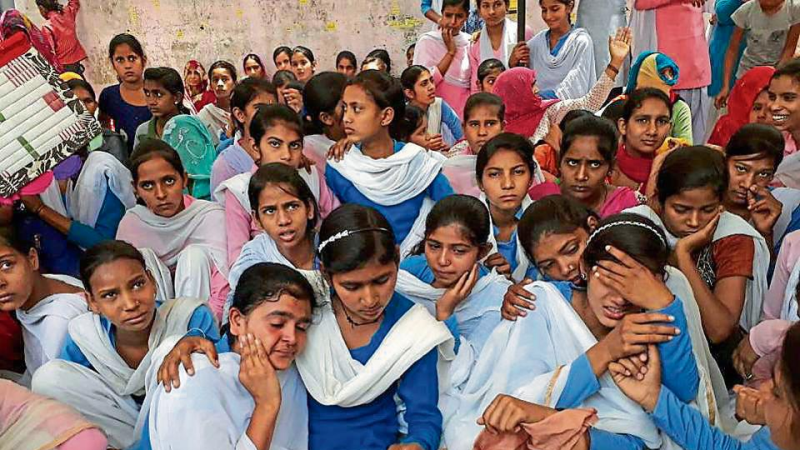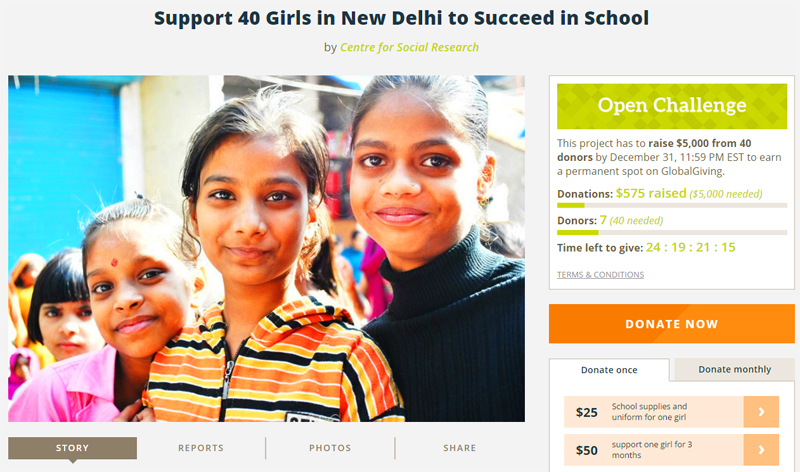Last week, a very different kind of protests made headlines in India- school girls from Rewari sat on a hunger strike, to demand for their school at Gothra Tappa Dahina to be upgraded from Class 10 to 12. This was primarily because they were sexually harassed by men on motorcycles on the way to the school in the neighbouring village 3 km away. The hunger strike lasted for a total of eight days, before the authorities bowed to their demand and issued a notification for class 11 and class 12 admissions for the year 2017-2018.


Close on the heels of Rewari, students of Kadarpur government school in Gurgaon also sat on a protest on Friday outside their institution demanding that it be upgraded from class 10 to 12, as the nearest school with classes 11 and 12, are farther away. Over 250 students locked the school gate at 8.30am on Friday and staged a sit-in, stepping up pressure on the authorities to accede to their demand. Boys and girls of this co-educational school said that they have been making these demands for over three years, as the pursuit of higher education posed many difficulties for girls after completion of class 10.
While we commend the fact that the youth of the country is taking matters in their own hand and making authorities understand their problems, it is quite disheartening that something as basic as education, a fundamental right, needs to be fought for to such an extent.


At Centre for Social Research, we firmly believe in the cause of girl child education, and had crowdfunded education for 40 girls in Delhi, last year, via Global Giving. Girl child education has been a matter of concern for the country for many years now, and there are many impediments to it, such as social norms, patriarchy, preference to educate boys, early marriage, sexual harassment and lack of toilets, being the top most ones. It is high time that authorities, not only address the issue of girls being in school, but also their completion of school education.




